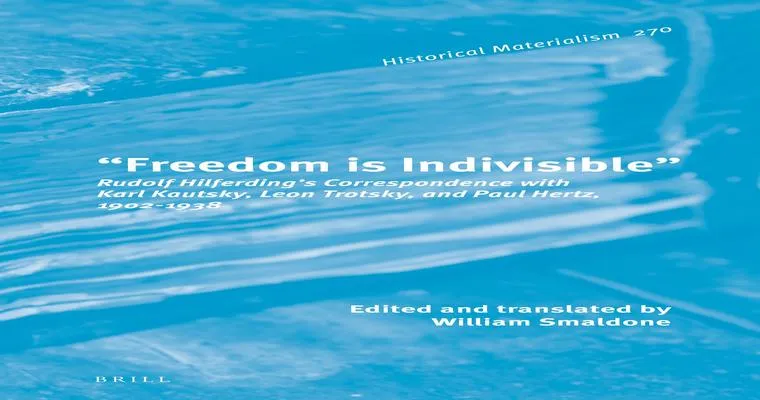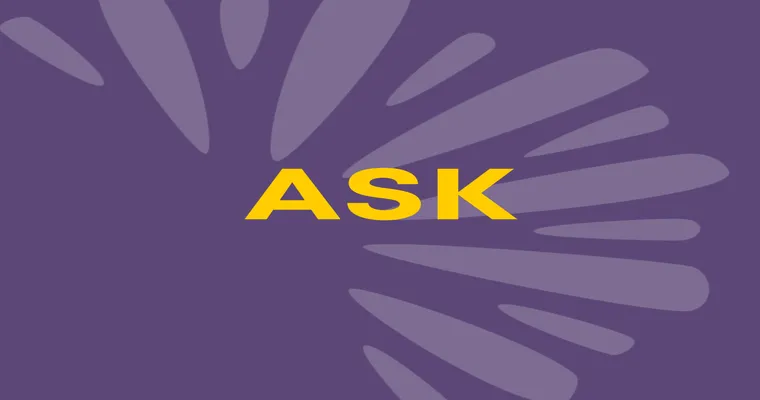In recent years, the conversation surrounding "end-of-life choices" has gained significant traction in the United States. Many argue that individuals should have the right to determine their own fate, especially when faced with "terminal illness" or unbearable suffering. The model of "assisted dying" practiced in Zurich, Switzerland, presents a compelling case for why Americans should consider similar legislation. The question we must ask is: why shouldn’t people have the right to end their lives peacefully when they believe they will become a burden to their families and society?
The Swiss system allows individuals to make a conscious decision about their lives, providing a compassionate option for those who are suffering. In Zurich, the process is regulated and involves stringent criteria, ensuring that only those who are mentally competent and facing intolerable suffering can access this choice. This model emphasizes "personal autonomy", allowing individuals to maintain dignity in their final days.
In the U.S., the debate around "physician-assisted suicide" and "euthanasia" is often clouded by moral and ethical concerns. However, when we delve into the topic, it becomes evident that the right to choose one's end of life should be a fundamental human right. Many people fear becoming a burden on their loved ones, both emotionally and financially. The rising costs of healthcare, particularly for chronic illnesses, further complicate this issue. Providing individuals with the option to end their life on their own terms could alleviate some of these burdens.
Moreover, the legal framework in Switzerland has proven to be effective and humane. Strict guidelines ensure that the decision is made after thorough consultation and assessment. In contrast, the lack of such laws in many U.S. states often leads to "prolonged suffering" and a lack of control for terminally ill patients. Advocating for a law similar to that of Zurich would not only empower individuals but also foster a culture of compassion and understanding within our healthcare system.
Opponents of assisted dying often cite religious beliefs or the sanctity of life; however, it is crucial to recognize that this is a deeply personal decision. Just as we respect individuals' choices in matters of "healthcare", so too should we respect their choices regarding end-of-life care. Each person’s experience with suffering is unique, and their right to choose should be honored.
In conclusion, the U.S. should seriously consider adopting laws similar to those in Zurich, Switzerland. The right to end one’s life in a dignified manner, free from unbearable pain and suffering, reflects a society that values "compassion", "autonomy", and "human rights". By embracing this change, we not only give individuals control over their own lives but also promote a more empathetic approach to healthcare that recognizes the complexities of human suffering. The time has come for the United States to engage in this critical conversation and pave the way for a more humane approach to end-of-life choices.





